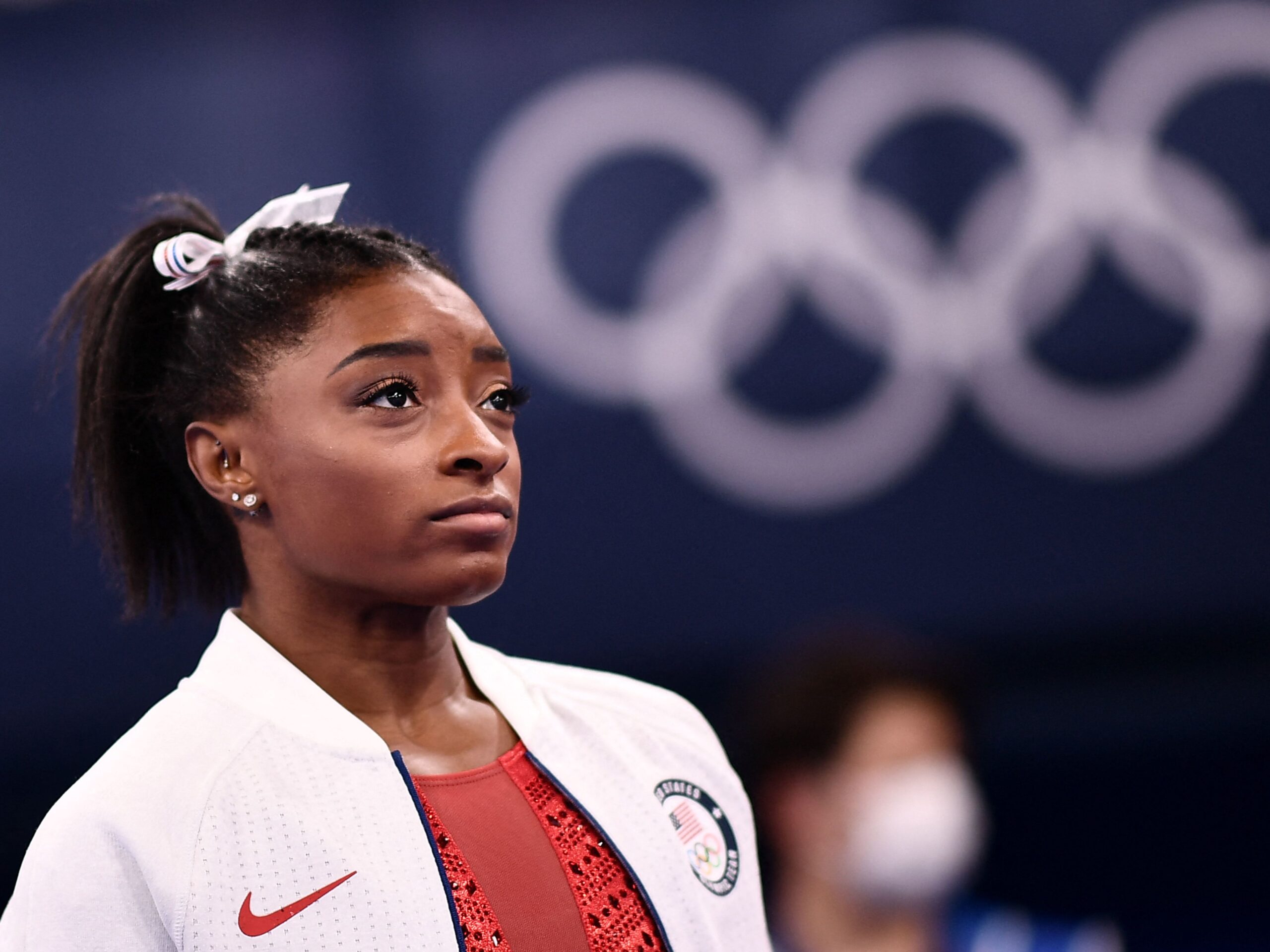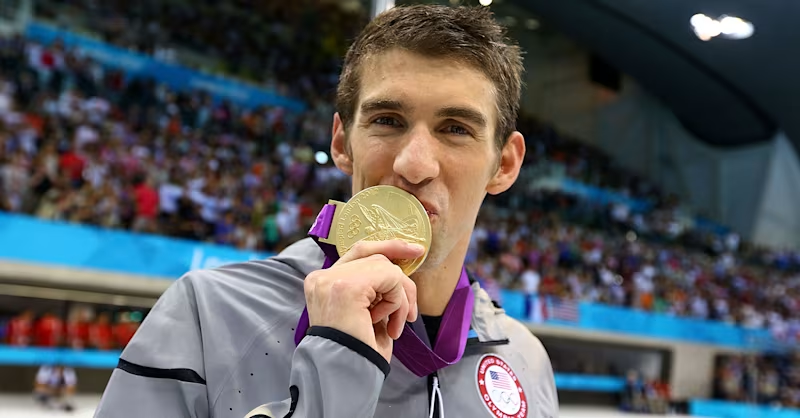Mental health in sport: shocking statistics revealed

[Part 1] The shocking truth about athletes' mental health
Biles’ openness and courage diverge from the usual attitude and approach to mental health in the sporting world. For decades, athletes have been told to toughen up, forget their troubles and demons, and focus on winning, regardless of the cost to their mental (and physical) health.
Michael Phelps who won 23 Olympic gold medals across his swimming career revealed in 2018 that he struggled with depression and contemplated suicide after the 2012 Olympics.
Commenting on Simone Biles’s decision, he said, “We’re human beings. Nobody is perfect. So yes, it is OK not to be OK. I felt like I was carrying, like Simone said, the weight of the world on my shoulders. It’s a tough situation…I hope this is an eye-opening experience.”
And research has been supporting this truth: there is a mental health crisis in sports.
Recent statistics from the Worldmetrics.org report 2024 showed that 1 in 4 athletes experience mental health concerns.

The statistics are shocking:
- Athletes are 1.6 times more likely to experience symptoms of mental health issues compared to non-athletes
- 34% of elite athletes have experienced symptoms of depression
- Almost 50% have experienced high levels of anxiety and burnout
- They have a significantly higher risk of developing an eating disorder
- The suicide rate is 4 times higher among elite athletes than the general population
- 65% of student-athletes said they experience overwhelming anxiety
- Male college athletes are more than twice as likely to be diagnosed with depression compared to non-athletes
- 1 in 10 collegiate athletes meet the criteria for an eating disorder
However, the most disturbing finding is that most athletes don’t seek support for their struggles. For example, only 10% of student-athletes with mental health concerns actually seek help.
Why is that the case?
The stigma surrounding mental health is one of the main factors stopping athletes from seeking help. They often believe that mental health symptoms and disorders are a sign of weakness – it doesn’t fit into their image of being a strong, winning athlete.
Negative public attitudes towards mental health and athletes’ own stigmatized views can have a detrimental impact on treatment-seeking. They’re often concerned about how they will be perceived by their peers, coaches, managers, and fans.
Another barrier is the lack of understanding of mental health symptoms and disorders – many athletes and their teams don’t have sufficient knowledge to recognize, manage, and prevent mental health issues.
To protect athletes and promote mental health awareness and treatment, these barriers must be addressed.
Starting with awareness, do you know whether you or a fellow athlete have any symptoms of poor mental health?
It’s important to remember that mental health lies on a continuum from healthy to unhealthy. That means you might have some symptoms that can be more easily managed, or you might have a lot of symptoms that need treatment.
Whatever the case, you are not alone. As the statistics show, many athletes struggle with their mental health, and acknowledging them doesn’t make you weak – in fact, it shows strength and maturity. And addressing them as early as possible means they’re less likely to get worse.
So in the next section of this article, we will provide a questionnaire that will help you to identify any potential symptoms. The last section will discuss ways you can address and improve them so stay tuned!
PART 2: